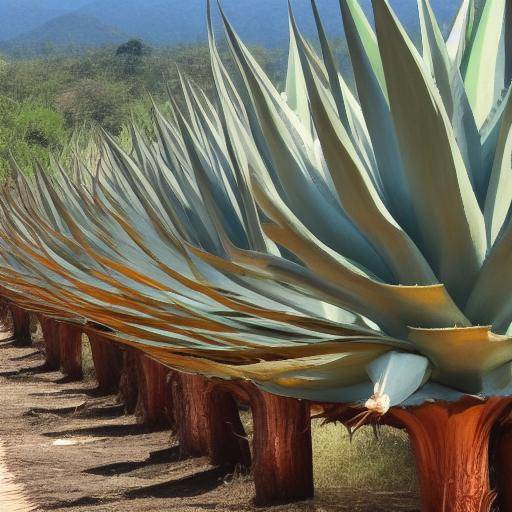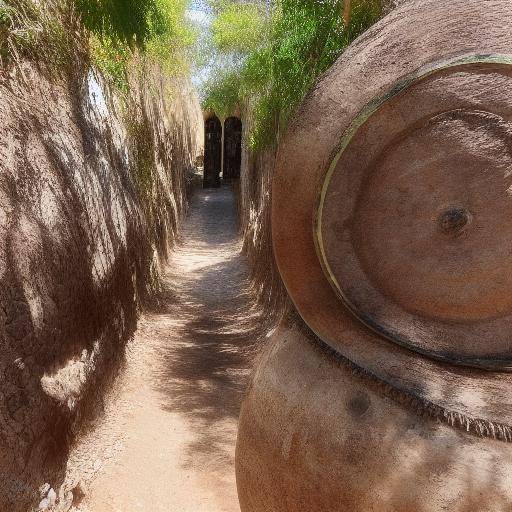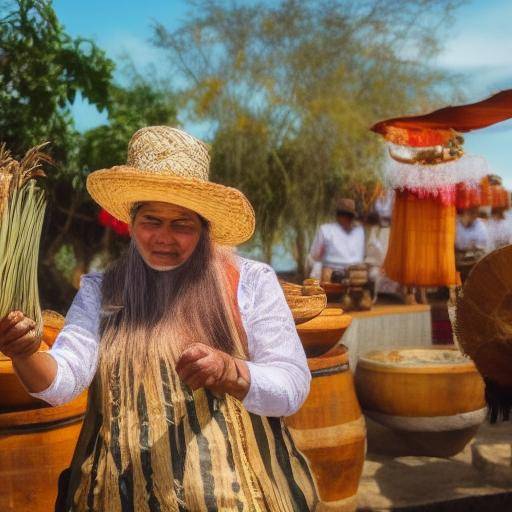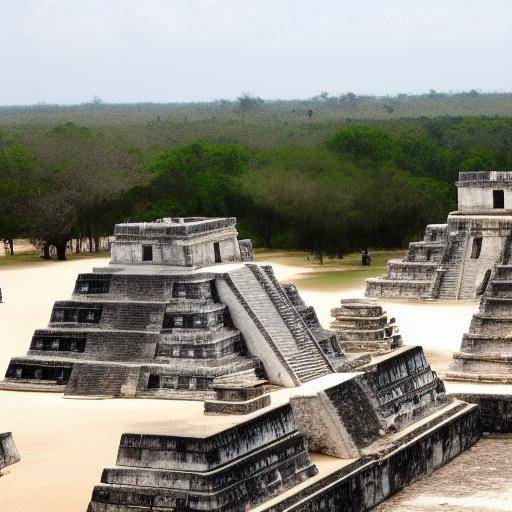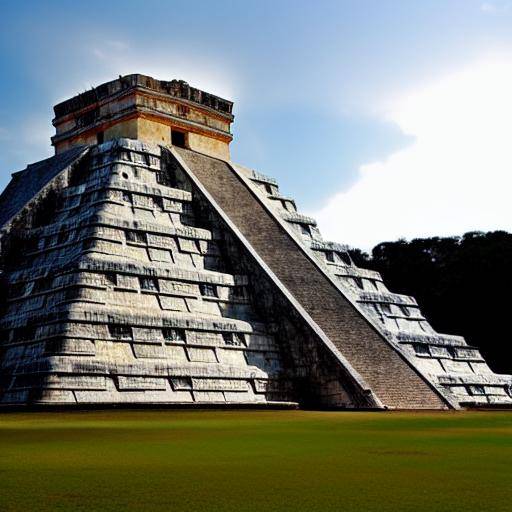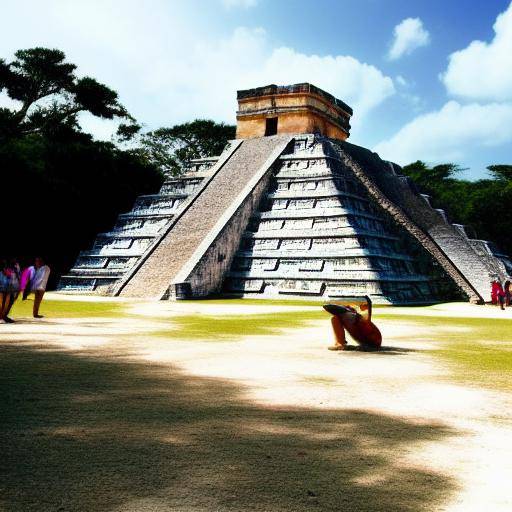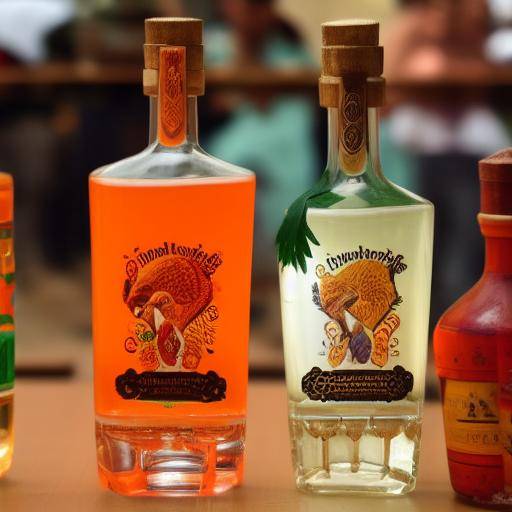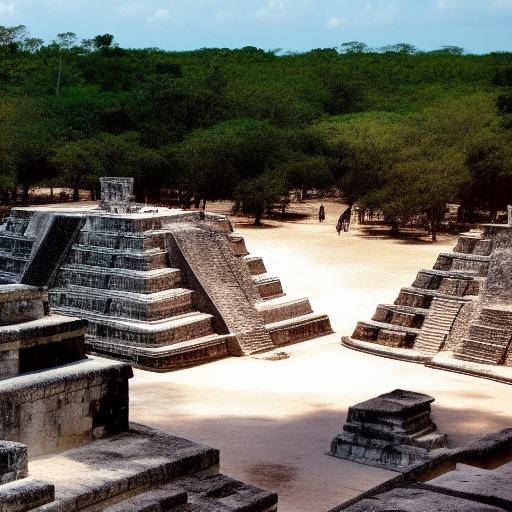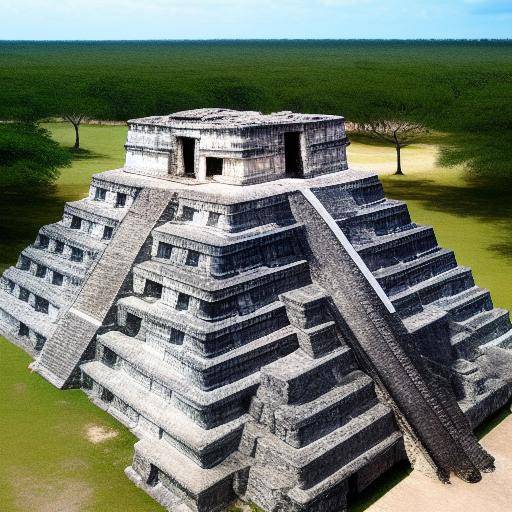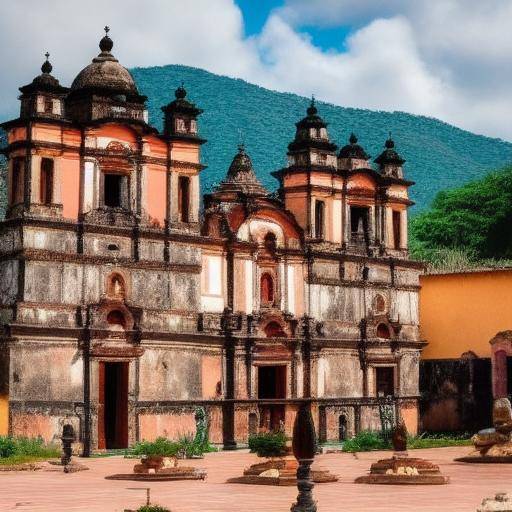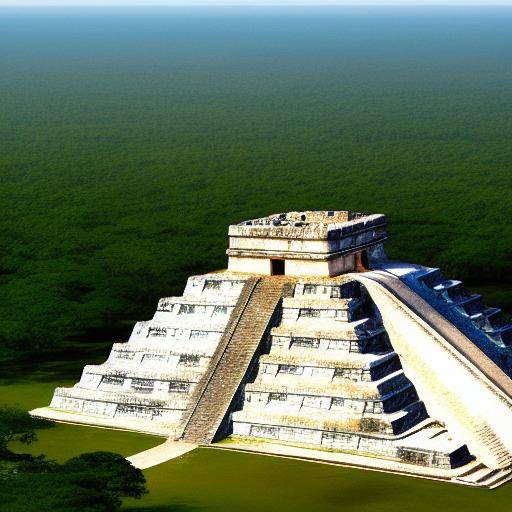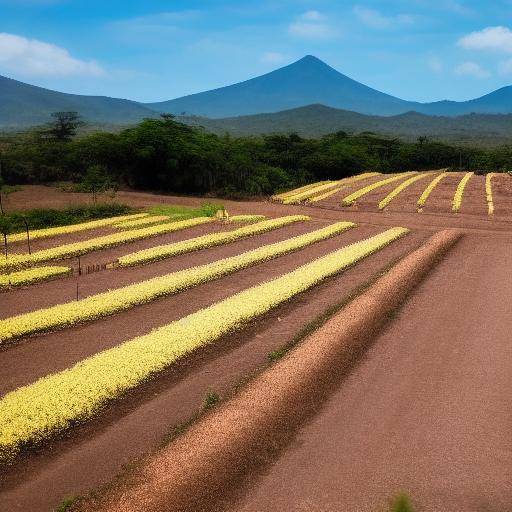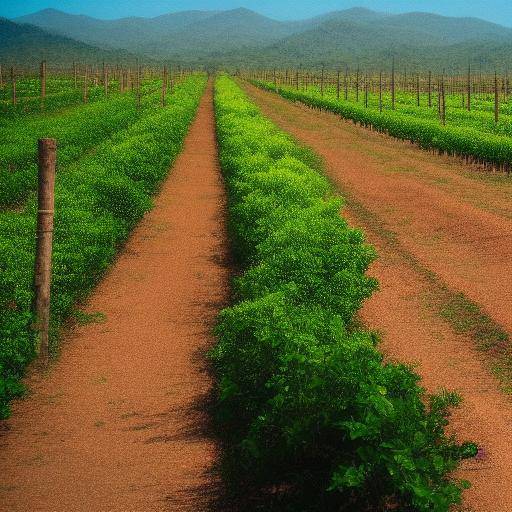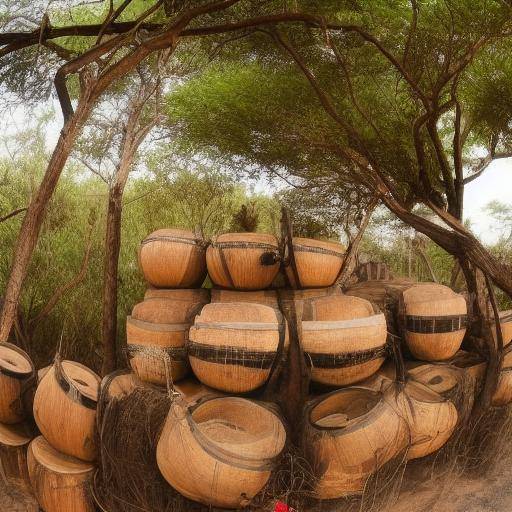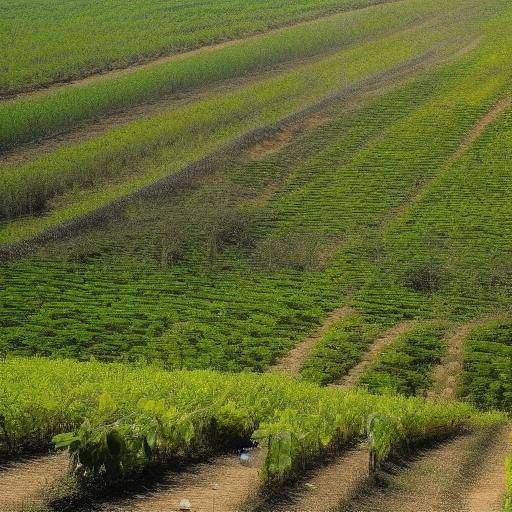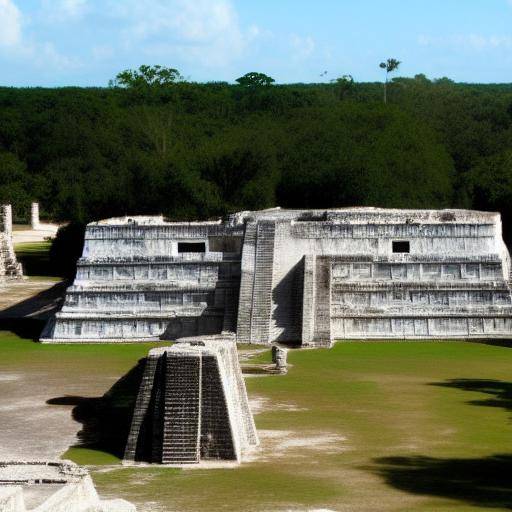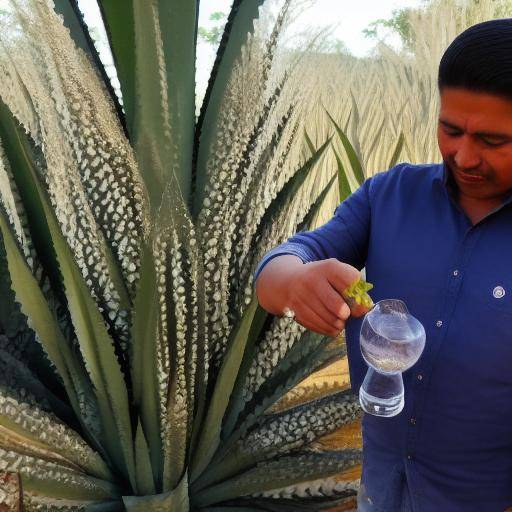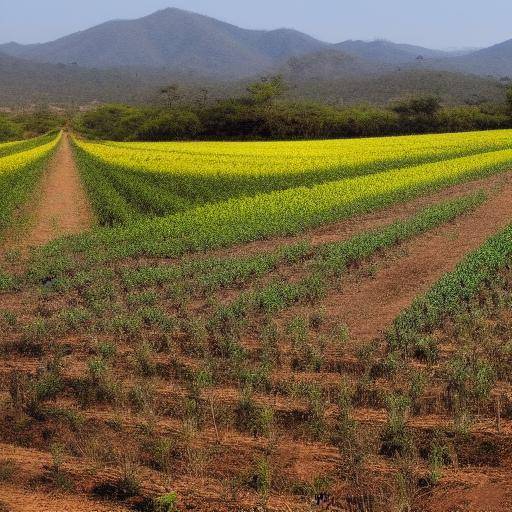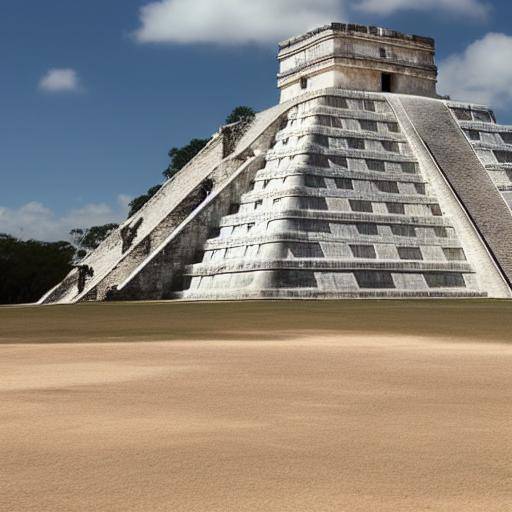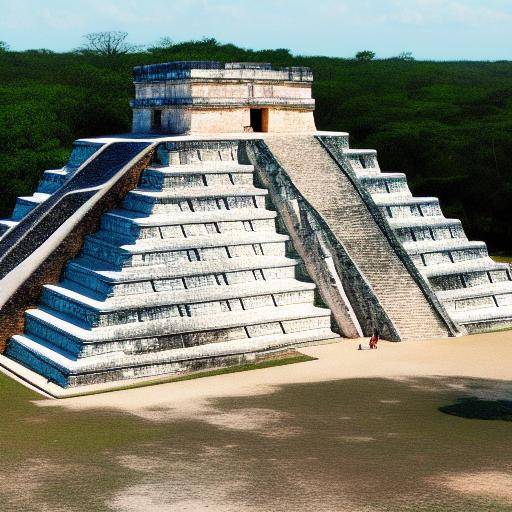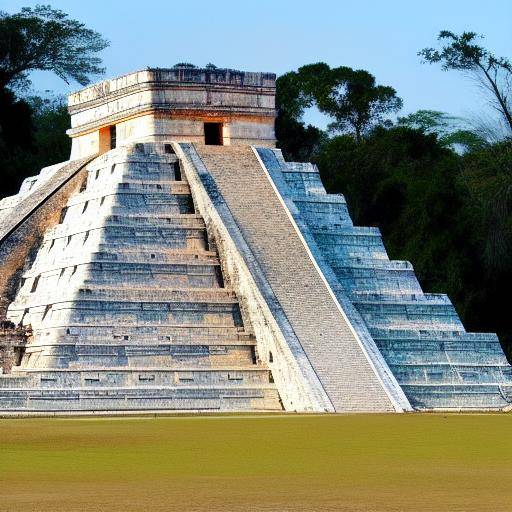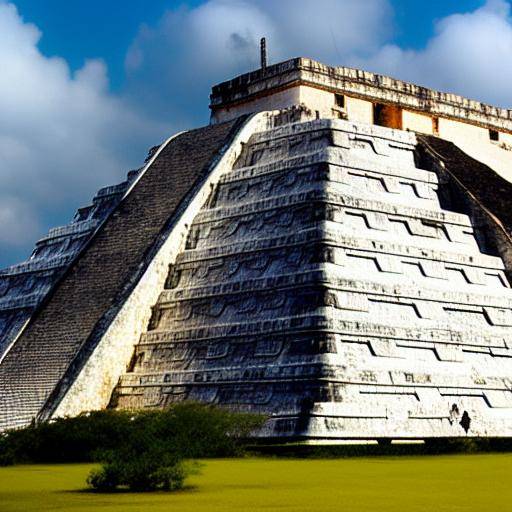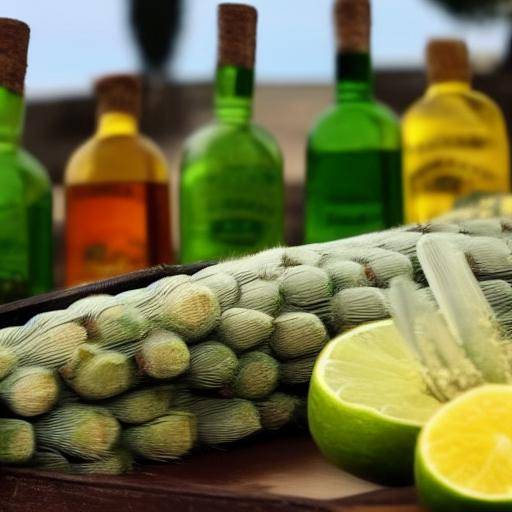
Welcome to Mexico's authentic taste route! In this article, we will explore the fascinating history, traditional crafts and current trends that make tequila an emblematic drink of Jalisco, Mexico. From the historical past to modern innovations, this journey will take you through agaves, distilleries and the rich culture behind the Mexican tequila. Focus on the aromas, flavors and secrets that make tequila in Jalisco a unique experience.
Introduction
Tequila, one of the most recognized alcoholic beverages worldwide, is an icon of Mexican culture rooted in the state of Jalisco. Known for its distinctive flavor and its impact on the international scene, tequila is not only a popular drink, but also a cultural heritage. In this journey, we will discover how tequila has become a powerful symbol of Mexican identity and tradition. From its origins to the latest innovations, every sip of tequila enriches the palate with the essence of Mexico.
History and Background
To truly explore the tequila soul, it is essential to know its history and roots. Tequila has its roots in the pre-Columbian era, when indigenous people used the agave plant to produce a drink called "pulque". With the arrival of the Spaniards, the distillation of the agave evolved to what we know today as tequila. Over the centuries, tequila has experienced its transformation from a local beverage to a world-renowned emblem. Traditional distillation has been passed from generation to generation, preserving ancestral techniques and deep respect for the land that nourishes the agaves.
The history of tequila not only encompasses the evolution of production, but also includes iconic moments that have shaped their identity. Since the creation of the name of origin of tequila to its consecration as a national symbol of Mexico, each chapter has enriched its legacy. Moreover, tequila has transcended borders, conquering palates and hearts all over the world.
Detailed Analysis
In addition to its rich history, tequila has been the subject of a deep analysis in terms of its economic contribution, environmental impact and its role in contemporary culture. Tequila is not only a spiritual drink, but also a key economic engine for the region of Jalisco. The cultivation, harvesting and production of tequila generate employment and drive the local economy, making it a fundamental element for the sustainability of the region. Tequila has also faced challenges in terms of environmental protection and sustainability, driving the industry to adopt more responsible and environmentally friendly practices.
As for its cultural relevance, tequila is much more than an alcoholic beverage. It is a symbol of identity, pride and union for Mexicans. The iconography associated with tequila, from charros to mariachis, has transcended the borders, bringing with it the spirit of Mexico to every corner of the planet. The influence of tequila on pop culture, gastronomy and arts has been significant, consolidating its place in the collective imagination as an authentic representation of Mexico.
Exhaustive examination
Tequila, in addition to its historical and cultural relevance, has been subjected to a thorough analysis in terms of its versatility and applications in various fields. From high-end mixology to author cuisine, tequila has proven to be a versatile ingredient that awakens the creativity of skilled masters and renowned chefs. In addition, its popularity has reached new heights thanks to the growing trend of artisanal cocktails, where tequila becomes the protagonist of innovative creations that challenge traditional standards.
On the other hand, tequila has gained ground in the field of health and well-being, being the subject of studies that suggest possible health benefits, provided that it is consumed in moderation. The compounds present in the blue agave, the raw material of tequila, have aroused interest in the scientific community, generating debates on their positive effects in the organism. This detailed analysis highlights the duality of tequila as a beverage that awakens the senses and at the same time awakens the interest of the scientific community for its possible health benefits.
Comparative analysis
Now, it is essential to explore the relationship between tequila, Jalisco and Mexico, as each of these elements plays a crucial role in the identity and perception of tequila. Jalisco, known as the epicenter of tequila production, stands as a bastion of tradition, crafts and passion for agave. Its picturesque landscapes, magical villages and rich history form the perfect stage for the tequila creation process, consolidating Jalisco as a must for lovers of this spirit.
For its part, Mexico, as a nation, has embraced tequila as an authentic representation of its identity and has promoted its legacy internationally. Tequila is not only a drink, but an expression of the Mexican essence, celebrated in festivals, cultural events and as an integral part of national gastronomy. This symbiotic relationship between tequila, Jalisco and Mexico is inseparable, since each one enriches and defines the other, strengthening the pride shared by his legacy.
Practical Tips and Accessible Recommendations
For those who wish to enter the tequila world in Jalisco, it is essential to have certain knowledge and recommendations. From the choice of recognized distillery to the appreciation of the different categories of tequila, there are key elements to consider to fully enjoy this experience. In addition, the tequila tasting and mixedology provide tools to get into the world of the flavors and aromas that characterize this emblematic drink. Through practical advice, tasting guides and recommendations on pairing, it seeks to enrich the experience and provide tools to fully appreciate tequila in its native context.
Industry Information and Expert Reviews
The tequila in Jalisco is not only a subject of historical and cultural interest, but is also subject to analysis and projection in the field of industry. Reputable experts and personalities of the tequila world share their perspectives on the future of this drink, from its evolution in the international market to the role it will play in the panorama of contemporary cocktails. In addition, emerging trends and innovations in tequila production provide a vision of what will stop the future for this iconic beverage.
Case Studies and Real Life Applications
In order to consolidate the impact of tequila in Jalisco, nothing is more revealing than analyzing case studies and practical applications in the real world. From the work of the agaveras communities to the family entrepreneurships of distillators, each story builds a tapestry in which tradition, ingenuity and passion intertwine to give life to tequila. Examples of international collaborations, social responsibility projects and environmental preservation efforts also show the significance of tequila beyond its sensory qualities and its economic impact.
Future Trends and Predictions
The tequila in Jalisco is constantly evolving, adapting to changing market demands, consumer preferences and technological innovations. Future predictions not only cover the landscape of production and marketing, but also consider aspects such as sustainability, corporate social responsibility and the role of tequila in the global gastronomic scene. Emerging trends, from organic tequila production to the incorporation of eco-friendly practices in distilleries, profile a future in which tequila in Jalisco will be a benchmark of quality, innovation and commitment to the environment.
Conclusions and FAQs
In short, the tequila in Jalisco is much more than a drink; it is a living testament to Mexico's passion, ingenuity and cultural wealth. From its pre-Hispanic origins to its global projection, the tequila in Jalisco has forged a unique legacy that transcends borders and generations. His influence, both in the economy and in the collective imagination, makes tequila a vital force for the identity of Jalisco and Mexico as a whole.
Frequently asked questions
What is the historical origin of tequila in Jalisco?
Tequila has its roots in pre-Hispanic culture, where indigenous people made a drink with agave. With the arrival of the Spaniards, the process of distillation was perfected that led to the creation of the tequila.
What is the importance of tequila for the economy of Jalisco?
Tequila is a key economic engine for the region of Jalisco, as it generates employment, drives tourism and promotes local culture.
How does tequila taste properly?
The tasting of tequila implies the appreciation of its colors, aromas and flavors, as well as the consideration of its texture and end in mouth. It is recommended to make the tasting with a catavin to appreciate all the nuances.
What is the future of tequila in Jalisco?
The tequila in Jalisco is projected as an increasingly sophisticated product, with an emphasis on sustainability, innovation and the diversification of its applications in different segments of the market.
What is the difference between tequila and mezcal?
Although both are destilated Mexicans based on agave, tequila is made especially with the variety of blue agave, while the mezcal can proceed from different varieties of agave.
What are the current trends in the tequila industry in Jalisco?
Current trends include the production of organic tequila, the focus on corporate social responsibility and the interest in the diversification of tequila flavours and expressions.
Conclusion
The tequila in Jalisco is the representation of a rooted tradition and a millennial craftsmanship that has conquered the palates of the world and has positioned itself as an icon of Mexican culture. The legacy of tequila in Jalisco transcends time and space, merging history with innovation, passion with excellence and the essence of Mexico with global recognition. Every sip of tequila in Jalisco is a tribute to skill, dedication and love for a drink that goes beyond taste, becoming an unmistakable symbol of identity, tradition and pride.

